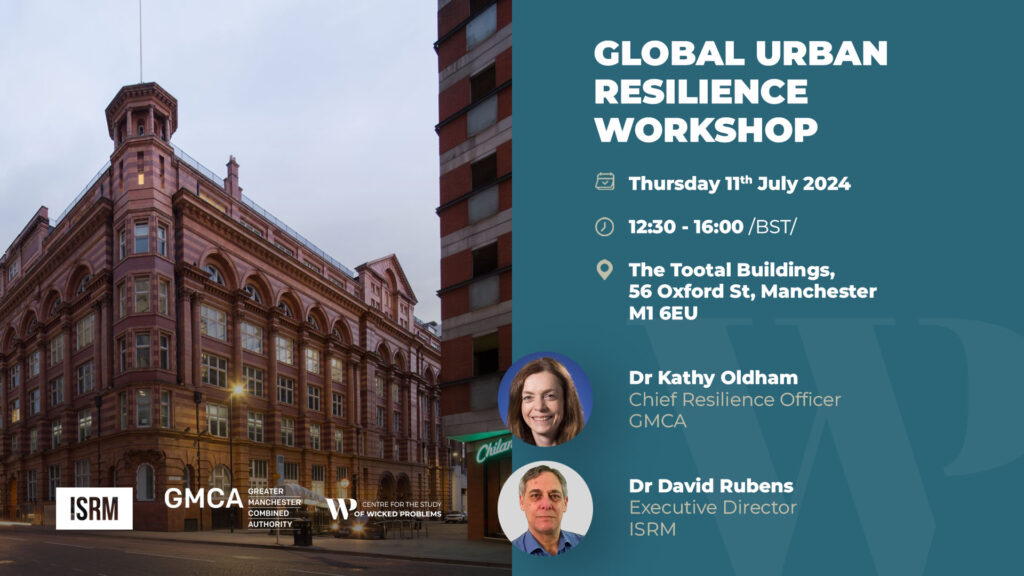In the Global Risks Report 2024, the World Economic Forum describes four drivers for change that are creating previously unforeseen global conditions, setting cities on paths where transformation will be required and their capacity to prepare for and respond to global risks will be tested. The four drivers include climate change and global warming; demographic bifurcation with changes in populations across the world; technological acceleration as new technologies are developed and rapidly embraced; together with geostrategic shifts in power.
These risks will pose continuous challenges to cities, those yet-to-be-built, rapidly expanding cities and those that have weathered changing events over the centuries. These challenges have the potential to erode economies, societal norms, ways of life and security. Often longer-term in nature, such risks need strategic, operational and policy changes to address the challenges, however their long-term nature makes them difficult to prioritise in the immediate future. These risks are also likely to bring complex, cascading and ongoing crises that will need cities to find new ways of addressing the consequences of crisis impacts on residents, businesses and visitors.
The future is unlikely to be defined by incremental change in the risk landscape but, as experienced in the Covid19 pandemic, by political, social and technological disruptors.
- 11th July 2024, 12:30 – 16:00 /BST/
- The Tootal Buildings, 56 Oxford St, Manchester M1 6EU
- sharon.miller@greatermanchester-ca.gov.uk
Objectives:
- To build awareness of the radically shifting risk landscape
- To explore the priorities that risks might drive in future approaches to city management
- To explore risk mitigation strategies at the local, city level
- To discuss risk trade-offs in city decision-making
Purpose:
- To enable a strategic dialogue about urban risk in a turbulent, uncertain, novel and ambiguous (TUNA) future with a view to shaping the approaches taken by major cities to resilience.
- To launch a global series of workshops supporting the urban resilience community worldwide.
